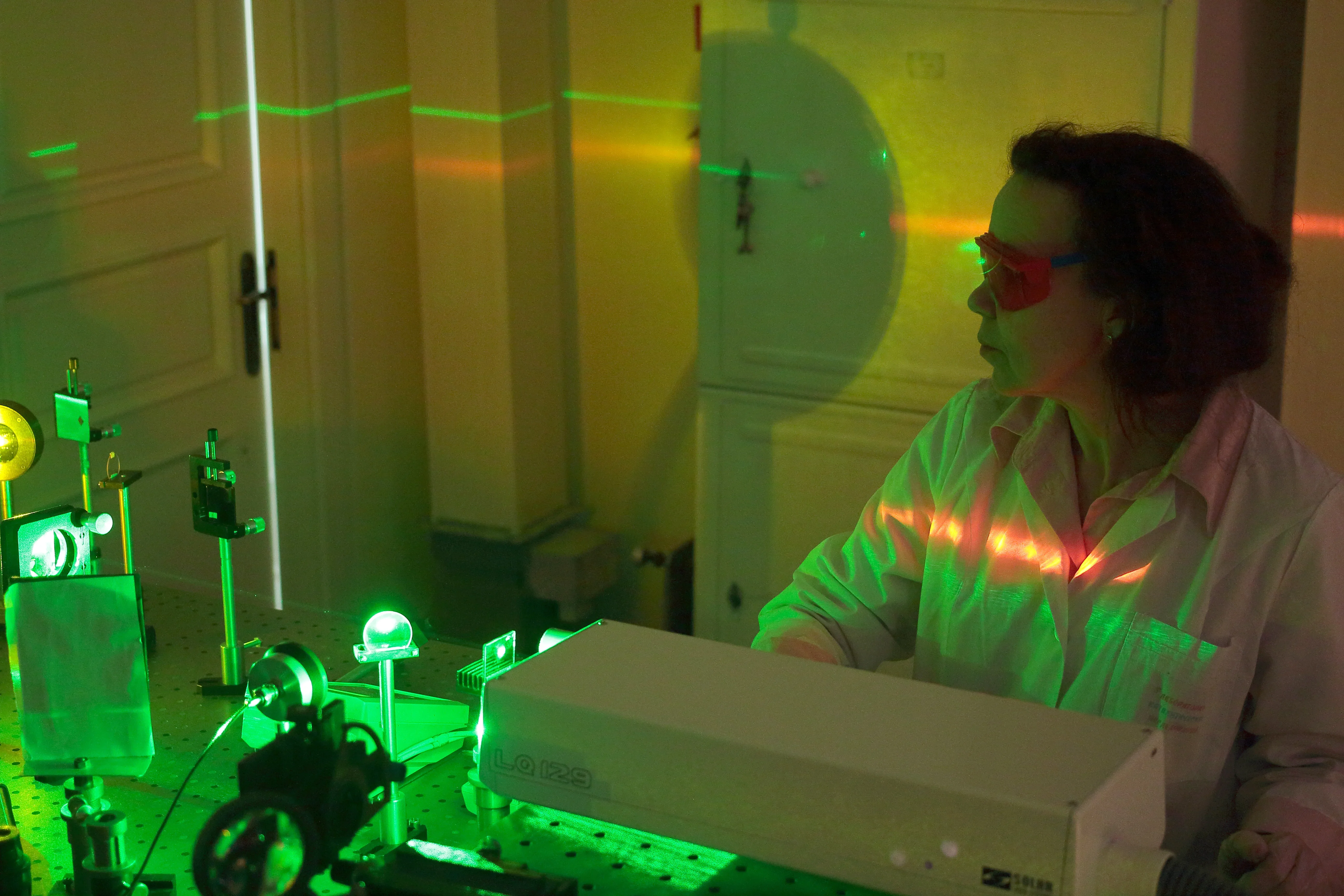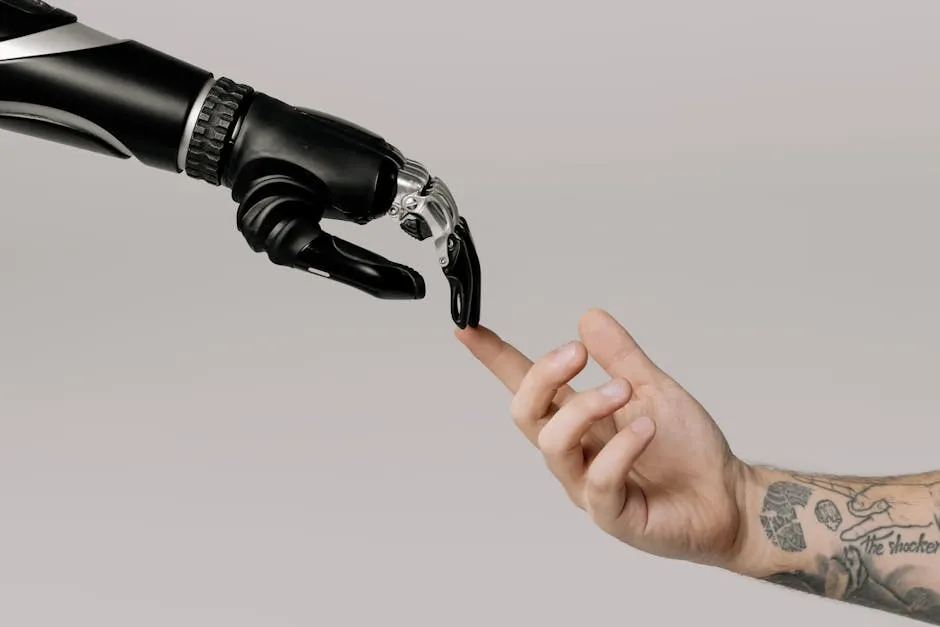Chinese scientists have made significant progress in the development of brain-computer interfaces (BCI), successfully implanting the country's first wireless invasive BCI system in a patient with tetraplegia. The procedure, performed on March 25, 2025, allowed the patient, who lost all four limbs due to an electric shock 13 years ago, to control a computer and participate in various electronic activities after just two to three weeks of post-operative training.
According to the Center of Excellence for Brain Science and Intelligent Technology (CEBSIT) of the Chinese Academy of Sciences, China is the second country in the world after the US (Neuralink) to enter the clinical trial phase of invasive BCI technology. The implant, with a diameter of 26 millimeters and a thickness of less than 6 millimeters, is considered the smallest brain-controlled implant in the world.
You may also like
 Quantum Technologies, Artificial Intelligence, and Robotics: The Future is Here
Quantum Technologies, Artificial Intelligence, and Robotics: The Future is Here "Trends 2026: "Boxed" bioproducts and magnetic transistors after the silicon era"
"Trends 2026: "Boxed" bioproducts and magnetic transistors after the silicon era" Ministry of Health Integrates Cybersecurity in Hospitals: Protecting Health Data and Infrastructure
Ministry of Health Integrates Cybersecurity in Hospitals: Protecting Health Data and Infrastructure The "Moltbook" social network, exclusively for AI, has already gathered over 1.6 million bot profiles
The "Moltbook" social network, exclusively for AI, has already gathered over 1.6 million bot profiles
This BCI system is expected to receive regulatory approval and hit the market by 2028, significantly improving the quality of life for millions of patients with spinal cord injuries, bilateral upper limb amputations, and those suffering from amyotrophic lateral sclerosis. The next step for the research team is to enable the patient to use a robotic arm, which will allow them to perform physical actions.



Коментари (0)
Все още няма коментари.